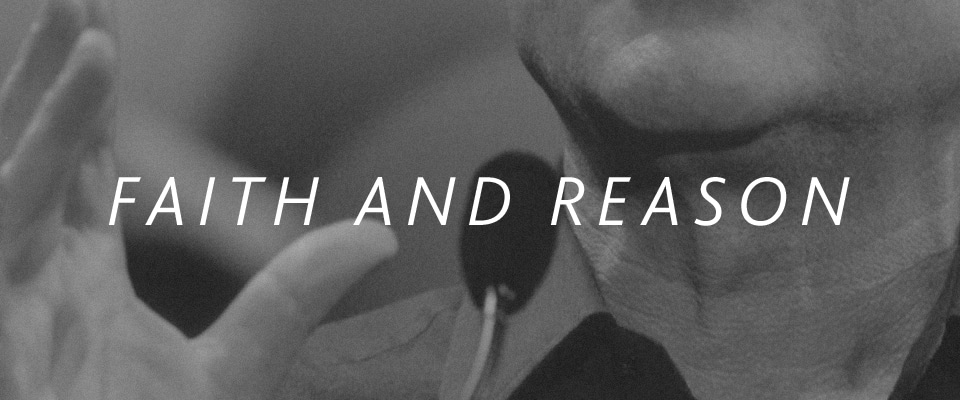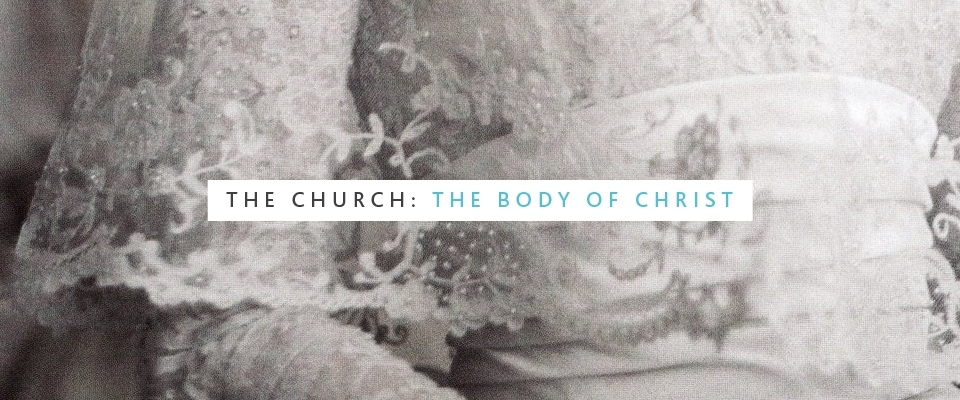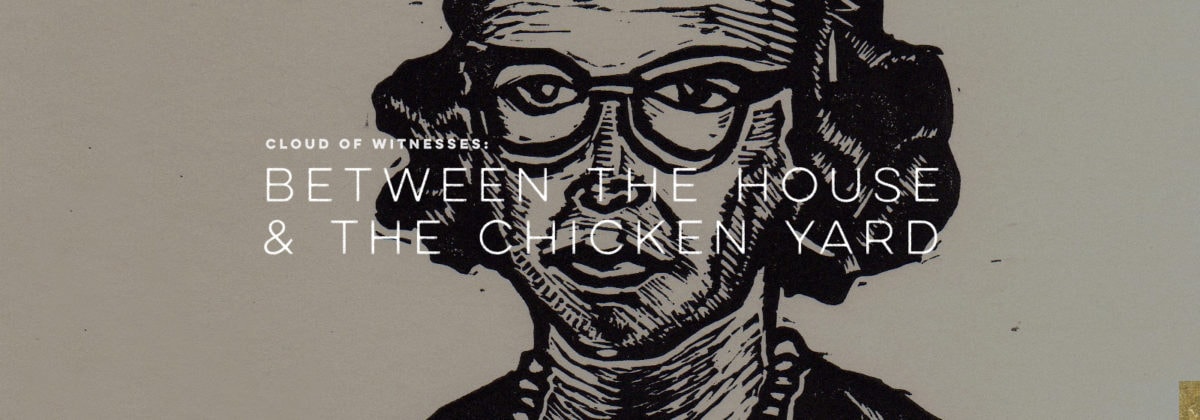On more than one occasion, I’ve heard people discuss Christianity as a decision, commitment, and way of life that offers happiness. I have been told that following Jesus rectifies the troubles, struggles, and woes of human life. It is a remedy for the things which burden us – the worries, concerns, and restlessness that riddle humanity. To be sure, there’s some truth in this. But there’s more to it. A real relationship with God can’t be reduced down to a merry, fun-loving existence!
When I became a serious follower of Christ nine years back, He granted me a genuine sense of security, peace, and hope. It was balm to my weary and restless soul. It surpassed anything I had formerly experienced. Without doubt, I have known, even if not fully at every moment, the contentment that St. Paul describes in Philippians 4.4-7. Even so, my relationship with Christ has encompassed other experiences, too.
Several years ago, I heard a famous preacher in London make an apt observation. He said that when a person first becomes a Christian, they run towards God. They want more of Jesus Christ. They desire deeper intimacy with him! After a while, however, a reversal can be detected. They start running away from God. They are unsettled by His presence.
Jesus exposes attitudes, habits, patterns of thought, and desires in us that are selfish, deceptive, proud, envious, vain, and apathetic. It can be rather unpleasant to be in the presence of someone who exposes such things. It forces us to face ourselves honestly.
In reflecting on this preacher’s profound insight, a scene from the epic film Ben Hur comes to mind. Judah Ben Hur (played by Charlton Heston), the main character, has been arrested and condemned for an allegedly seditious act. Painfully shackled by brutal guards, he is marched through the dry hills of Palestine with a cohort of fellow prisoners. They pause for a moment in a village. Thirsty. Parched. It just so happens that Jesus is working there. He sees Ben Hur, rolling in the dirt with dehydrated agony, and pauses to bring him a sip of water. A guard sees this and shouts to halt Jesus. Jesus stares at the guard, who can’t stomach the gaze of the Lord. He crumples in shame and relents. I’ll never forget the look on the guard’s face in response to the perceiving gaze of Christ.
When a person first becomes a Christian, they run towards God. They desire deeper intimacy with him! After a while, however, a reversal can be detected. They start running away from God. They are unsettled by His presence.
This is the gaze of God, who, when He is near to us, exposes the mess—and even filth—of our lives. Of our desires. And of our self-serving priorities. When this happens, we don’t often like what we see. Neither does God. The Bible refers to such experiences as the discipline of the Lord. Hebrews 12 hits the nail on the head: the Lord’s discipline is painful in the moment. Coming forth from it, however, are peace and righteousness.
If you’re like me, in such anguished moments of divine discipline, there is an urge to want to run away. An urge to flee from the Jesus that in other hours we have loved and sought. An urge to refuse to face up to the hard facts about ourselves – facts which involve things that need to be interrupted. Because someone who truly loves us can’t let them go uninterrupted. Or unchallenged.
Jesus is this type of friend. Part of being a mature Christian is learning to remember this—to cling to this—in moments where His presence exposes.
Such experiences cannot but involve moments of regret, discomfort, disillusionment, and inner torment. But they are part of a real relationship with God. This type of relationship is one that compels us into moments of revelation. We come to terms with the fact that we often do what we hate and fail to do what we love. Especially if Jesus is beginning to shape what we love.
I have had many such moments. I still do. For example, my ratio of self-interested thoughts to other-concerned thoughts is (and this is generous on some days!) 80-20. I long for it to be the opposite. Or I think of the continual temptation to look to my social networks and resources as the deep basis of my sense of well-being and security. While it’s not bad to be grateful for such things, which may be gifts from heaven, it is offensive to God when we over-trust them – when they become excessively important and are more basic to our inner peace and joy than God’s promises to care for us and provide for us. These are things that God exposes in us, because He wants to have all of us. And He knows that this is the best thing for us.
I am still learning to interpret my moments of spiritual unsettling as a sign of Christ’s authentic presence in my life, and to regard them as events which cleanse and transform my heart. Sure, I continue to want to flee God in such moments. To ignore him. To bury His revelations about the depths of my fallen existence. But I am also learning that such moments, where I may loathe God’s presence, for instance (just like David in Psalm 39), are authenticators of genuine relationship with the God of the Bible. In this way, my trust in God can actually be strengthened by the moments when His nearness is loathsome. Because I can see in such moments, a confirmation that He loves me too much to let me remain as I was—and am—apart from His transformative love and holiness.
What I am getting at here is closer to real Christianity. The real deal, as an old friend often reminds, affects an identity crisis. It’s inevitable for anyone who is close to God: You can’t know Him and not be changed. The Old Testament likens God to a fire that burns but does not consume. The longer I walk with God, the more I find this to be true. The more I learn to love God, even when I don’t like him, the more I am able to celebrate this truth.




